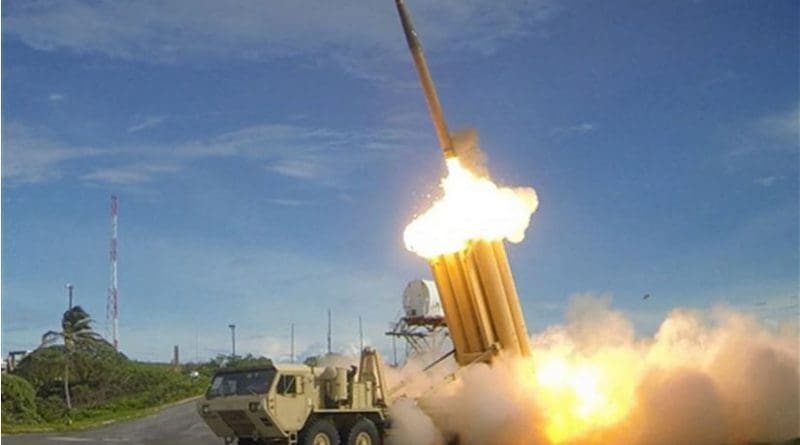Not The Best Of Times, Is It The Worst Of Times? – OpEd
By Dr. Arshad M. Khan*
There is a disturbing, discordant dissonance in the world. It is an uncomfortable feeling that something really bad is about to happen. Events unfold almost daily each of which would have been cause for shock and alarm once upon a time.
Worshipers leaving after Ramadan prayers at Finsbury Park Mosque were attacked by a man driving a van, killing one and injuring eleven. The hero of the attack was the mosque’s Imam who prevented the man being beaten up by the enraged bystanders and made certain he was handed over unharmed to the police.
In Arlington, Virginia a 17-year old girl was killed by a baseball bat when her groups of teens were returning from late Ramadan prayers was attacked.
In Brussels’ main railway station a jihadi tried to detonate a suitcase bomb. It caught fire instead, allowing bystanders to escape before it finally exploded.
In Syria the U.S. actually shot down a Syrian fighter bomber claiming it had attacked U.S. supported rebels. Russia is livid but can do little (other than talk about international law violations) as its forces are vastly outnumbered by the U.S. armada in the Mediterranean. The very next day an Iranian armed-drone was shot down, the second in a couple of weeks.
Iran fired ballistic missiles at ISIS but that was a response to the terrorist attack in Teheran. In Syria’s many-cornered war, hope for peace recedes with the farcical peace talks, two sets starting supposedly the same day, July 10 in Astana, Kazakhstan and under UN sponsorship in Geneva, Switzerland. The Syrian opposition, at least the participating part, has walked out of the Geneva talks and threatens not to attend Astana. As always, it all depends on the puppeteers. Whatever Syrian opposition there may be, the fact remains Assad would win an election. The Syrian people want the foreign Salafis out of their country. They want back their multi-faith tolerant culture. They are not the ones who cut off people’s heads and hands on Fridays.
Meanwhile Trump, the perennial bully, has morphed from the candidate for peace into the man of war. Sensing Russia’s weakness, he is pressing them hard to secure the best possible position before an actual peace in Syria.
Knowing the Europeans’ dislike of Trump (particularly in the case of Germany), the wily Putin is busy courting them for their help and trying to wean them off U.S. influence. After all, they get the refugees. Should he eventually succeed — a remote possibility given valuable economic ties with the U.S. — it would be a foreign policy coup and a Trumpian disaster for the history books. The Silk Road group would then embrace the world excluding North America.
The feeling of unease comes from the high stakes game, the virulent hatred stirred up by the likes of Trump and Nigel Farage in the U.K. It has led to a climate and environment where Finsbury Park can happen; where marginalized losers and petty criminals take to ISIS as a guiding light to perpetrate mayhem; where an idealistic MP like Jo Cox can lose her life.
And the high stakes game? Trump can go too far. Do we really want Russian cruise missiles hitting the U.S. flotilla off Syria — perhaps even the carrier? And what then? Russian missiles over American skies. Disasters have happened before … caused by over-confident, under-informed, overly-proud, even narcissistic, buffoons. Sound familiar?
About the author:
*Dr. Arshad M. Khan is a former Professor based in the US. Educated at King’s College London, OSU and The University of Chicago, he has a multidisciplinary background that has frequently informed his research. Thus he headed the analysis of an innovation survey of Norway, and his work on SMEs published in major journals has been widely cited. He has for several decades also written for the press: These articles and occasional comments have appeared in print media such as The Dallas Morning News, Dawn (Pakistan), The Fort Worth Star Telegram, The Monitor, The Wall Street Journal and others. On the internet, he has written for Antiwar.com, Asia Times, Common Dreams, Counterpunch, Countercurrents, Dissident Voice, Eurasia Review and Modern Diplomacy among many. His work has been quoted in the U.S. Congress and published in its Congressional Record.
Source:
This article was published at Modern Diplomacy

